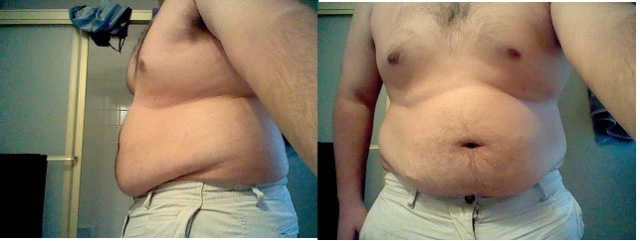Meal patterns, composition, and skipping
Question
Tanya
On researching this the accepted wisdom seems to be that it doesnt matter when you eat, its the total number of calories over the day that factors if you gain or lose weight.
I have noticed that for myself anyway, if I eat most of my calories earlier in the day and have a light supper, and no evening snacks, I look a bit thinner and weigh a bit less in the morning. Also, I wake up hungry, which I think is good so I can eat breakfast.
If I eat the way most people do, with a big supper and a snack before bed, I wake up groggy, not hungry, and the same weight.
What do you thibnk? It makes sense that your metabolism would slow down at night and any food in your stomach would turn to fat or not get digested properly. Could this also explain why some shift workers, like my husband, are overweight?
Thanks!
Dear Sue,
Here's what I think. First of al., no food can turn to anything, fat including, without being digested. Then, meal timing cannot be discussed without specifying what this meal consists of, macronutrient-wise (see further reading below). This applies also to breakfasts, for which there's no reason to be "a must" and which effects on mood, energy level, etc. during the rest of the day are especially strongly dependent on meal composition. Finally, looking slimmer and weighing less in the morning reflects your water content unless you under-eat or overeat huge amounts - 3500 Calories for the 1-pound difference.
Concerning the link between shift work and overweight. It's been shown recently that night shift workers have higher chances of metabolic syndrome. However, the reason can be in sleep disturbances (sleep do influence body weight and fat percentage) rather than in meal patterns. For one thing, blood pressure and 'good' cholesterol of people observing Ramadan improved after a month on the inverse meal patterns (from the day eating to the night eating).
Further reading (food for thought):
Meal composition and weight loss
http://www.prweb.com/releases/2004/10/prweb168008.htm
Skipping breakfsts
http://atkinszone-faq.blogspot.com/2008/09/skipping-breakfasts-not-that-simple.h...
Intermittent ketosis
http://agelessbrain.com/2010/08/carbohydrate-addict-diet-an-intermittent-ketosis...
Intermittent glycolysis
http://brainfuels.com/2010/03/toxic-glycolysis-and-brain-aging/#more-30
Sources:
Karlsson et al., Metabolic disturbances in male workers with rotating three-shift work. Int Arch Occup Environ Health (2003) 76: 424?30
Biggi et al., METABOLIC SYNDROME IN PERMANENT NIGHTWORKERS. Chronobiology International, 25(2&3): 443?54, (2008)
Lotfi et al., Ramadan Intermittent Fasting and Exercise. World Journal of Sport Sciences 3 (1): 37-43, 2010
- Prev:dried fruit vs. fresh
- Next:11 year old daughter
Related Articles
-
what is the difference between...
Questionwhat is the difference between bulimia nad anorexia? than
-
Diet for Soccer
QuestionDear Maria, Im a soccer player and Im doing these days a
-
balance in nutrition advise needed
Questionabout 7 months ago I lost 50 pds in 4 months . I wasnt tr
-
raw garlic and cholesterol etc
QuestionDear Karen I would like to know whether by eating one or
-
lactose/vitamins
QuestionI had two questions. I was comparing some different
-
nutrional supplements
QuestionHi I am a 31 year old physical education teacher. I




